Research areas
Terrestrial Ecosystems
BTO Consulting is at the forefront of land-use issues in ornithology, with unique expertise of studying bird ecology in farmland, woodland, upland and urban habitats at multiple spatial scales. We employ traditional field approaches, innovative technology and state-of-the-art analytical techniques to investigate the consequences of land-use change.
We offer ecological consultancy services for a variety of geographical scales, from landscapes to an individual bird’s territory. Declines in farmland birds were first identified by analyses of our datasets and we have diagnosed causes of population change, and tested management solutions.
Our team is currently exploring the drivers of change in woodland bird numbers and the conservation value of urban landscapes. Work with us to preserve biodiversity by ensuring your projects achieve a balance between development needs and sustainability goals.
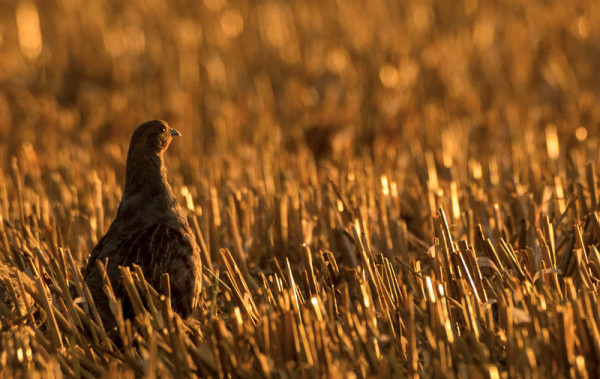
Agri-Environment Schemes (AES)
Agri-environment Schemes are the main tools for resolving the biodiversity crisis in farmland. Our field experiments and monitoring have contributed to the design of specific AES management options that benefit birds. We have combined field research and survey analysis to assess the effectiveness of Entry Level Stewardship in addressing farmland bird declines. We have also investigated the relationship between bird abundance and habitat composition/configuration across all of the UK’s lowland farmland, and can advise on the influences of cropping, field boundaries and landscapes, as well as habitat heterogeneity.
Urban Development
Data collected by our teams provide an invaluable resource for researching the birds in our villages, towns and cities. By combining professional analyses of these datasets with ‘citizen science’ experiments conducted by volunteers in their own gardens, we have investigated how birds, mammals, amphibians and reptiles use ‘human habitat’ and how we can improve the conservation value of current and proposed urban development.
GPS tracking geese in Northern Ireland
In many cases, large populations of birds inhabiting areas around airports can create potential conflict and huge amounts of effort and money are invested in trying to reduce the risk of bird strikes. We have worked with Belfast City Airport to undertake GPS tracking work on Greylag Geese which are resident in Victoria Park, which is adjacent to the runway. Using cutting edge tracking devices developed by us, GPS data are transmitted using the mobile phone network (GSM) which allows us to follow the movements of individuals in near real-time.
By receiving regular updates via the mobile phone network we gain a better understanding of all birds tagged even if they leave the study area which helps identify how isolated or not local populations may be. Belfast City Airport already invested considerable amounts of resources into responsible approaches to mitigating risks from local bird populations but with the additional information produced through our work they can better prioritise their efforts.
BTO Consulting are using nest camera technology to explore predation risk in relation to human disturbance. Results can inform urban and rural planning.Dr Gavin Siriwardena, Head & Principal Ecologist
Forestry Management
Using a combination of volunteer and professional surveys, and GIS analysis, our research has identified the types of forest management that birds, notably nationally scarce species such as Woodlark and Nightjar, prefer. By using remote nest camera technology we have identified the wide range of nest predators of these species and it has allowed us to explore the effects of human disturbance. Our team inform forest managers’ efforts to reconcile commercial production, public access and conservation.
Have a question or a proposal to discuss?
Get in contact - we are happy to advise whatever stage you are at in your work plan.
Contact usMarine and Wetland Ecosystems
Inland, coastal and marine waters of the UK all hold internationally important bird populations. We are at the forefront of delivering information on waterbirds in response to the requirements of legislation, infrastructure development and policy development.
Using data from our surveys we report on the condition of important waterbird and seabird features in protected areas. Our research explores the key drivers of waterbird and seabird population change, including climate change, habitat loss, disturbance and the impacts of non-native species.
With the rapid growth in wind, tidal and solar renewable energy generation, developing this in the correct areas to minimise the social and environmental impacts is becoming ever more important. By collaborating with developers, consultancies and regulators through the provision of specialist advisory services, we ensure the offshore energy industry has a robust evidence base for good decision-making.
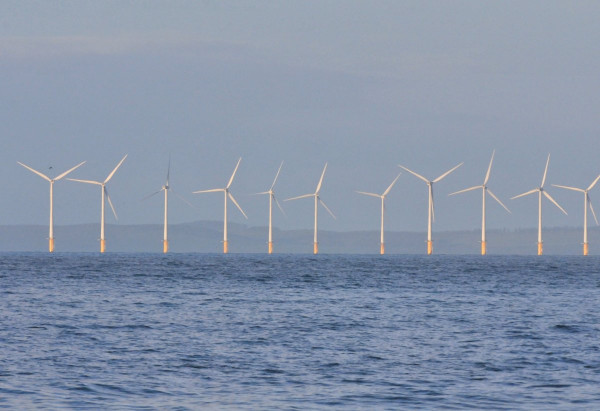
Renewable Energy
Our advisory work has included assessments of the potential impacts of tidal power schemes on estuarine waterbirds and guidance on survey and Environmental Impact Assessment methodologies for offshore wind farm developments. Our team utilise new tracking technology to investigate the interaction of seabirds with offshore wind farms, and modelling to better understand the factors affecting how birds use the marine environment. We currently provide strategic ornithological support services to the offshore wind industry on behalf of The Crown Estate and other stakeholders. BTO Consulting has also advised on the potential effects of tidal power schemes on estuarine waterbirds since the 1980s. Our involvement in the Severn Tidal Power Strategic Environmental Assessment included leading on the waterbirds and biodiversity topic papers informing the study.
Assessing Cumulative Impacts for Gannets
We have used tracking technology and Individual-Based Models (IBMs) to look at the cumulative impacts of current and planned UK and French wind farms on Northern Gannets foraging in the English Channel. We found that current levels of power generation have little impact on the birds, but a much larger area would start to impact adult mortality and chick growth.
GPS Tracking
High precision GPS data collected from wildlife are the cornerstone of studies to understand animal movements in order to inform conservation or management decisions. The work we carry out is no exception as we often use tracking devices to collect the information needed to answer the applied questions of our clients.
We use tags for a variety of purposes. Our team are experts at choosing suitable solutions and preparing licensing applications. We then catch the birds, fit the devices and analyse the data. We can analyse locational data, as well as data from advanced sensors such as accelerometers, from which we can infer bird behaviour to show exactly where birds are foraging, or to identify heights and speeds as they move between foraging areas. These datasets are crucial for estimating collision risk with turbines and for understanding if birds are avoiding wind farms.
Identifying vulnerability hotspots
On behalf of the UK Department for Business Energy and Industrial Strategy (BEIS), Natural England, Ørsted and Galloper Wind Farm Ltd, and using GPS telemetry, we have assessed the interactions of Lesser Black-backed Gulls from multiple UK breeding colonies with proposed and operational wind farms across different spatial and temporal scales.
Data from the breeding season have highlighted variation in birds’ use of offshore areas, informing impact assessment and post-consent monitoring. Fine-scale data collected within operational offshore wind farms are providing data on flight heights and turbine avoidance, informing collision risk models used in impact assessment.
Our access to first rate scientists and field biodiversity specialists makes us the perfect partner for environmental consultancies who require quality and impartial assessments and reporting for their clients.Dr Aonghais Cook, Senior Research Ecologist
Have a question or a proposal to discuss?
Get in contact - we are happy to advise whatever stage you are at in your work plan.
Contact usInternational
Our international work cuts across many of the BTO’s research themes and has a broad remit, taking in traditional ecological studies, as well as incorporating elements from the social and economic sciences. We operate in three broad areas – research into the ecology of long-distance migrant birds, technology transfer and capacity building, and researching links between biodiversity, the natural environment and livelihoods in developing countries.
Our impartial and collaborative approach has resulted in us working with a number of organisations internationally. We work with customers to ensure their projects comply with international standards, including the Equator Principles, IFC Performance Standard 6 and other regional regulations.
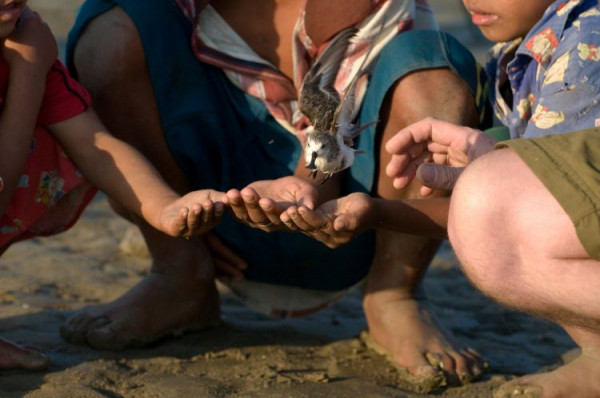
Capacity building, technology transfer & working with industry
BTO Consulting regularly provides advice and training in how to establish and run monitoring schemes outside the UK, whether they are new national bird monitoring projects or the setting up of bird ringing schemes. We also undertake specific, often multi-disciplinary, research projects and have worked on projects in Africa, Continental Europe, the Middle East, Central Asia and the USA.
Our independent, non-campaigning, stance is seen as important by many organisations and we regularly undertake impact assessment work and provide impartial advice to regulatory institutions. Examples include reviewing a waterbird monitoring scheme in Kazakhstan, providing advice on Environmental Impact Assessment approaches to the offshore wind industry in the United States, setting up of a Mangrove Centre in Oman, advising on a canal development in Australia and the provision of advice to Unilever on how to improve the environmental sustainability of crops grown in developing countries.
Biodiversity and livelihoods in the modernising farmed landscapes of Uganda
BTO Consulting led an ecosystem service and livelihood project in the banana/coffee production area around Lake Victoria that showed that landscape management was critical for both farmers and biodiversity. In landscapes that were heavily farmed there was too little fallow land for pollinators.
Allowing one third of the land to remain fallow led to improved coffee production, led to increased yields of other crops and supported more diverse populations of bees, butterflies and birds. Our work showed how landscapes can be optimally managed for farmer income and biodiversity.
Regulatory Frameworks
Regulatory frameworks in low- and middle-income countries may be poor or non-existent, especially where there have been no previous renewable energy installations. The International Finance Corporation (IFC) publishes a series of social, economic and environmental performance standards (PS) which need to be adhered to obtain finance by development banks. IFC PS 6 (‘Biodiversity Conservation and Sustainable Management of Living Natural Resources’) recognises that protecting and conserving biodiversity, maintaining ecosystem services and managing living natural resources adequately are fundamental to sustainable development.
At the outset of any project, our team undertake scoping exercises to advise clients on the biodiversity issues that are likely to be faced, and will design and undertake IFC-compliant multi-taxa studies required to assess the environmental impact and any mitigation or compensation required. We work with in-country experts and ecologists where possible to support and grow the local ecological consultancy sector.
Wind Farm Project, Ghana
Although in its infancy, wind generated electricity in Ghana could add considerably to the hydro-electric power currently generated at Lake Volta. We worked with eleQtra to undertake baseline biodiversity surveys at a site to the east of Accra, conducting bird and bat surveys as well as habitat surveys.
This part of Ghana is highly developed in terms of agriculture, and one of the most interesting aspects of the survey was finding tiny pockets of remaining natural forest in sacred groves, which have been protected by local communities for generations. With many wind farms in Africa, it is not just large raptors and waterbirds that may be at risk. We undertook vantage point surveys for the Straw-coloured Fruit Bats that pass through the area daily from roosts through to their foraging areas.
We have a wealth of experience in a range of disciplines relating to birds and other biodiversity, their habitats and the environmental factors that drive changes in their populations.Dr Phil Atkinson, Head of International Research
Have a question or a proposal to discuss?
Get in contact - we are happy to advise whatever stage you are at in your work plan.
Contact us
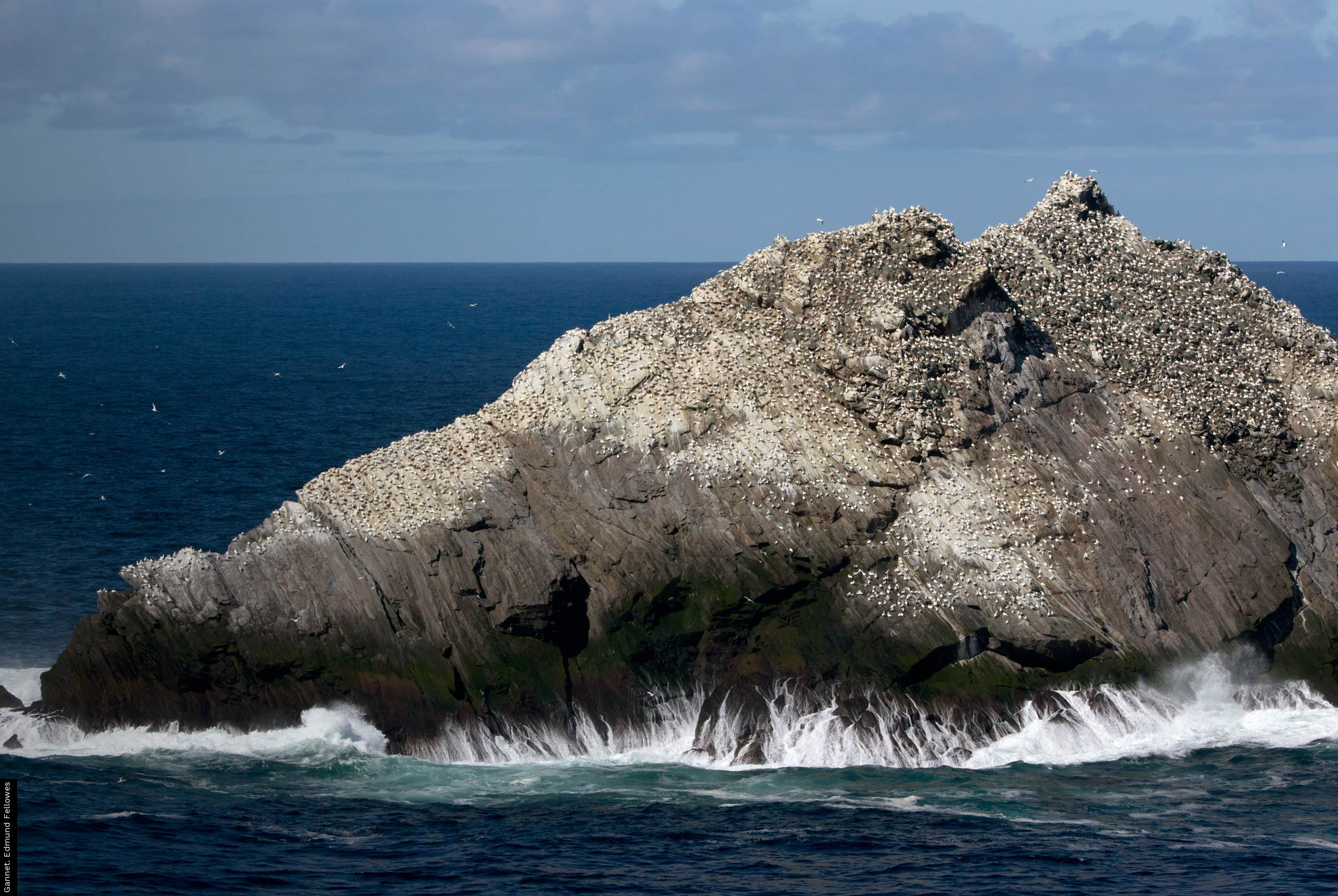
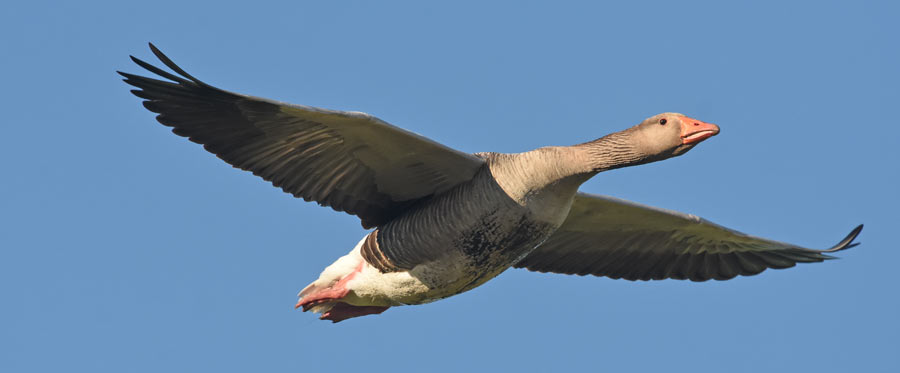

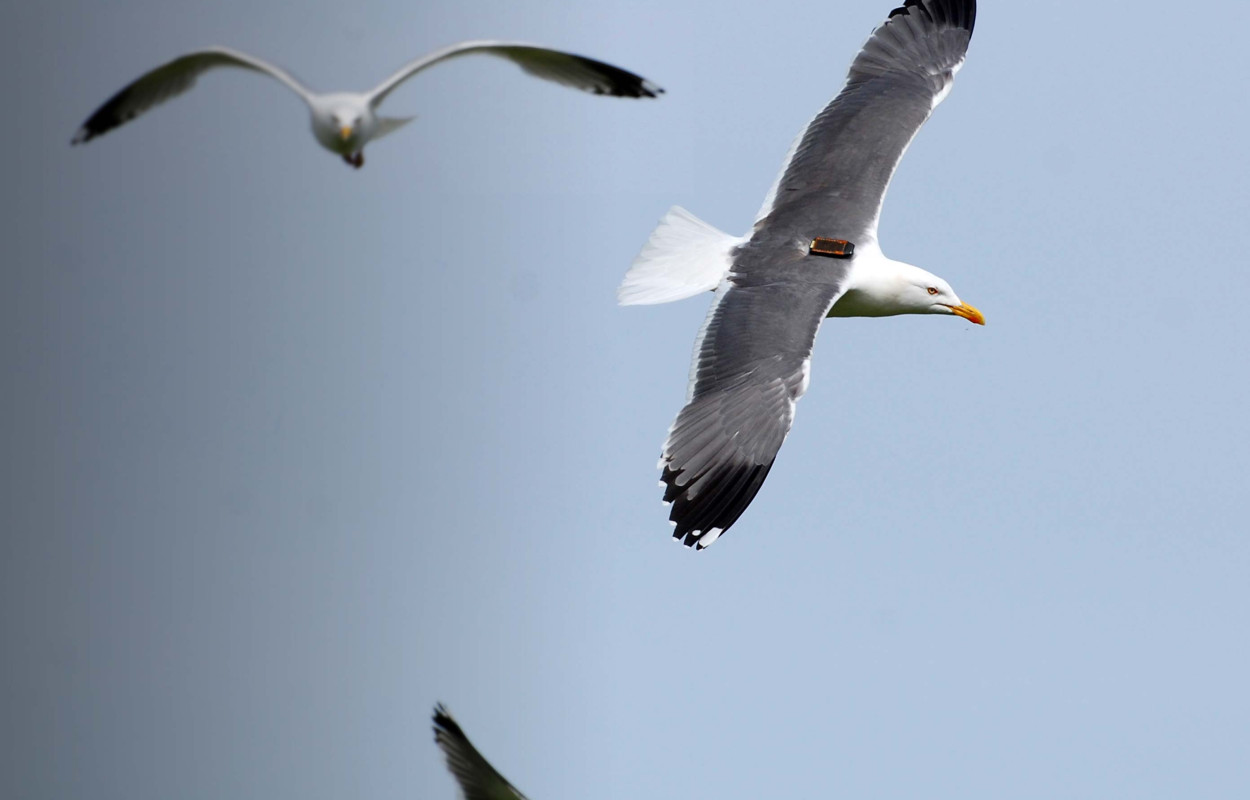
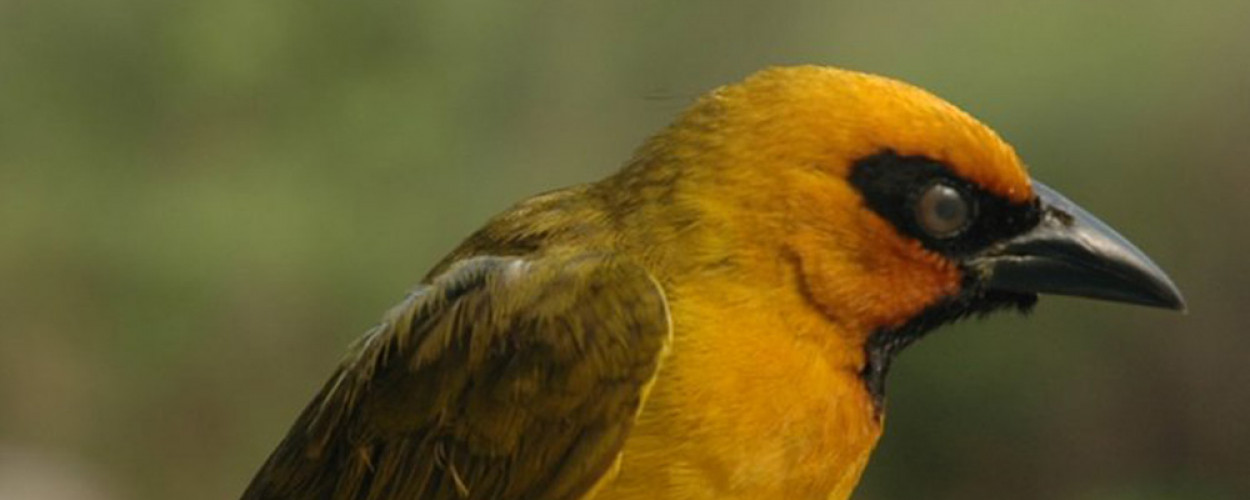
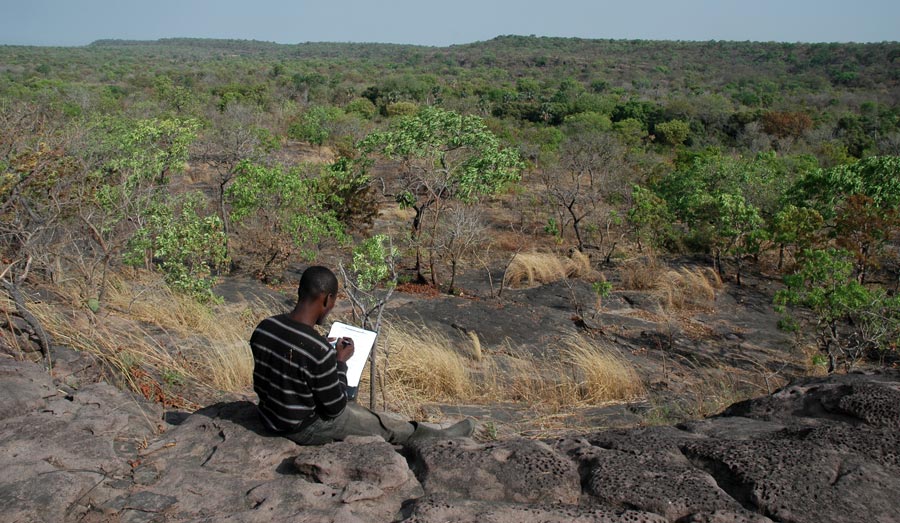
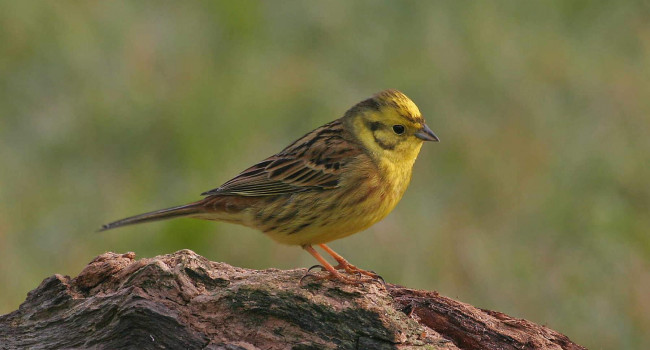
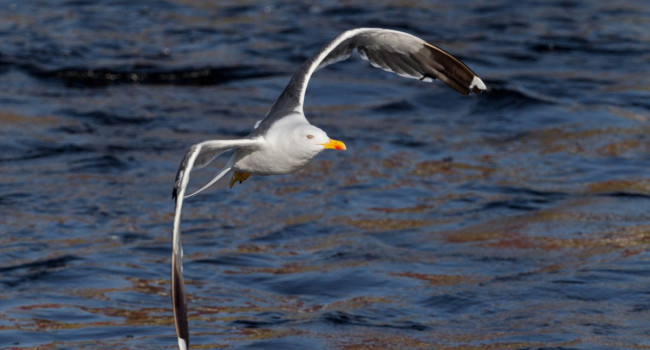
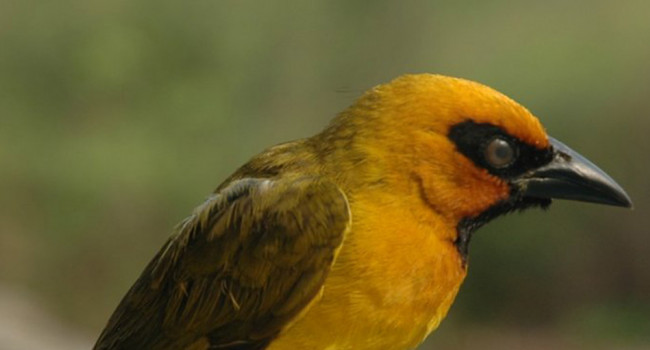

Share this page